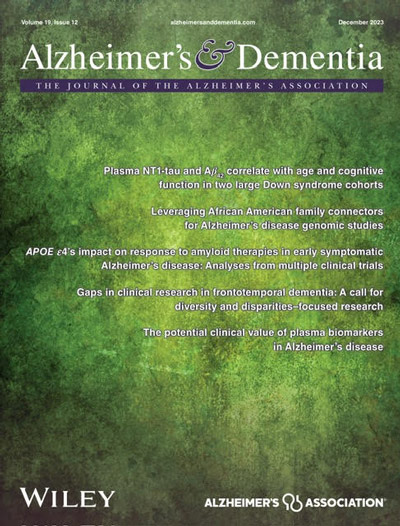Optimizing mealtime care and outcomes for people with dementia and their caregivers: A systematic review and meta-analysis of intervention studies
Abstract
Interventions addressing modifiable personal and environmental factors are critical to optimize dementia mealtime care, caregiving, and outcomes. This review synthesized the characteristics and effects of non-pharmacological interventions on mealtime care and outcomes in people with dementia and their caregivers. Five databases were searched from January 2012 to October 2024. Eligible studies were accessed for study quality and graded for level of evidence. Meta-analyses were performed for studies within the same intervention type that tested the impact on same outcomes. 33 studies were identified and categorized into five intervention types. Five studies were strong, 7 moderate, and 21 weak in quality. The levels of evidence varied from very low to moderate, with most being very low to low. Meta-analyses showed “resident training/therapy” decreased eating difficulties and increased food intake; “Nutritional supplement” improved cognition and depression; “environmental/food modification” increased food intake. Further research using rigorous designs is needed to increase evidence quality and determine effects of multi-component interventions.
Highlights
- Five intervention types were identified from the 33 included studies: nutritional supplements, resident training/therapy, caregiver training and/or mealtime assistance, environmental/food modification, and multiple component interventions.
- One-third of the included studies were strong to moderate, and two-thirds were weak in study quality.
- “Resident training/therapy” showed effects in reducing eating difficulties and increasing food intake.
- “Environmental/food modification” showed effects in increasing food intake.
- “Nutritional supplements” showed effects in improving cognitive function and depression.


 求助内容:
求助内容: 应助结果提醒方式:
应助结果提醒方式:


